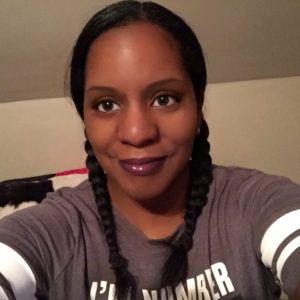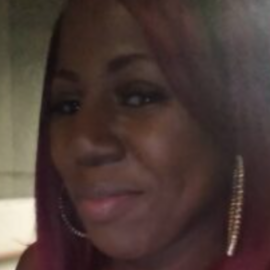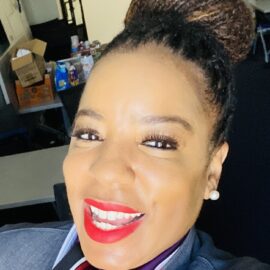This National Infertility Awareness Week (NIAW), we at Cervivor, Inc. are embracing the theme “Leave Your Mark” with a focus that is close to our hearts: the intersection of infertility and cervical cancer. From April 21-27, we unite under this banner, not only to raise awareness about infertility issues across the board but also to shed light on the specific challenges faced by those in the cervical cancer community.
The Intersection of Cervical Cancer and Infertility
Cervical cancer and its treatments often pose significant challenges to fertility, a fact that many of our community members know all too well. Treatments such as chemotherapy, radiation, and surgery can impact fertility, sometimes temporarily, and in many cases, permanently. This adds an additional layer of emotional and physical complexity to the cancer journey.
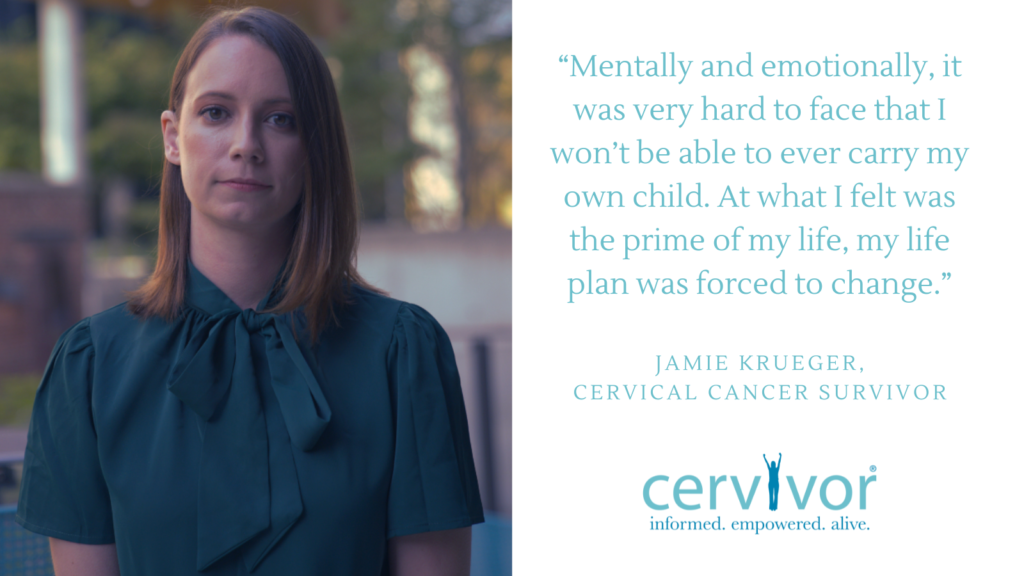
For many, the dream of motherhood remains strong, and the grief that accompanies the loss of fertility can be profound. This week, we want to acknowledge that grief, offer our support, and highlight the resources available for those navigating this difficult intersection.
How You Can “Leave Your Mark”
1. Wear Orange on April 24 – This year, wear orange on April 24 to stand in solidarity with those facing infertility. Orange represents a symbol of community hope and support, lighting the way forward amidst the challenges. Tag us and use hashtags #Cervivor, #CervicalCancer, and #LeaveYourMark.
2. Educate Yourself and Others – Take this week to learn more about the fertility challenges associated with cervical cancer treatments. Understanding these challenges can help you support friends, family members, or community members who are dealing with these issues.
3. Share Your Story – If you feel comfortable, share your story. Whether it’s on social media, our blog, our website, or within your circle of friends, talking about your experiences can help to destigmatize infertility issues and provide support to others going through similar struggles.
Use our hashtags #Cervivor, #CervicalCancer, and #LeaveYourMark to join the conversation.
4. Advocate for Fertility Preservation – One way to leave your mark is to advocate for better access to fertility preservation techniques and insurance coverage. These services are crucial for those undergoing treatments that may affect their reproductive health. Check out our amazing community partners over at the Alliance For Fertility Preservation to learn more.
5. Support Research and Charities – Support organizations that are working towards better treatments for cervical cancer and those addressing infertility. Cervivor has a newly established gift fund called the Virginia “Ginny” Marable Cervivor Baby Gift Fund to help those impacted by cervical cancer in their family planning. Your support can make a huge difference in advancing these services even further.
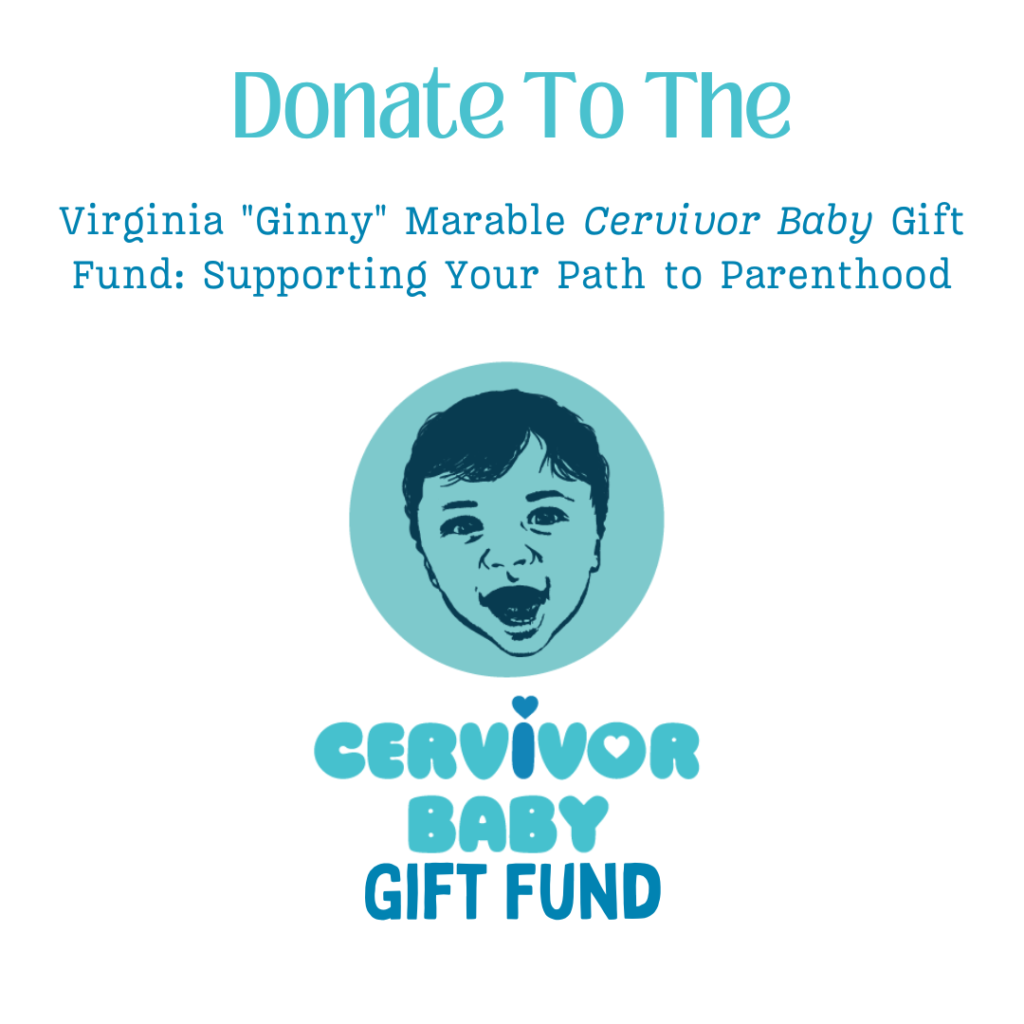
In Solidarity
During National Infertility Awareness Week, let’s come together to leave a lasting mark on the fight against infertility and the mission to end cervical cancer. By wearing orange, sharing our stories, and advocating for change, we can build a community that supports everyone, no matter where they are in their journey.
Join us to #LeaveYourMark. Remember, your voice, your story, and your support matter now more than ever.
Thank you for standing with us,
The Team at Cervivor, Inc.
